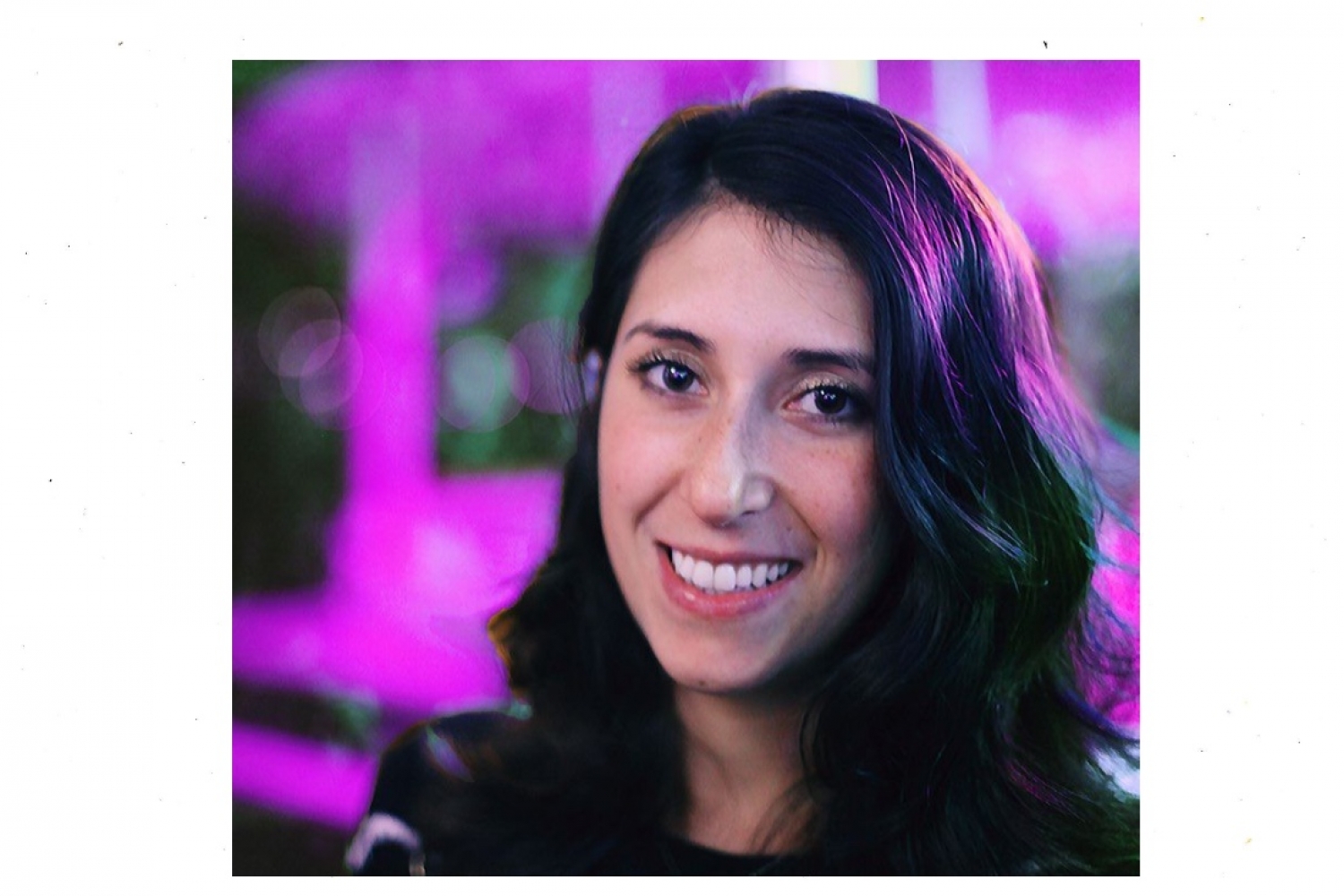

Rita Baghdadi knew she wanted her life to be all about films when she was just sixteen. Her dad was an amateur photographer who always documented everything Rita and her sister did. Dark room became her favourite place. The images and the process, that became her solace. Plus, her maternal grandfather was the director of news for NBC TV in Chicago, back in the fifties. “I always watched docu- mentaries when I was a kid with my grandparents and dad. So, I was very influenced by them,” she reminisces. Today Rita is known as award winning Moroccan-American documentary filmmaker, whose character-driven work has been supported across the globe. Her debut feature documentary, My Country No More, was awarded Best Feature at the Big Sky Documentary Film Festival. Her second documentary, City Rising, received an Emmy Award for Best Social Issue Film, and is still being used as a tool against housing discrimination. Her latest feature documentary, Sirens, a coming-of-age story about the guitarists of the Middle East’s first all-female metal band, recently premiered at the Sundance Film Festival. Below, Rita tells us more about her life and cinema, all in context of Sirens.
REAL LIFE CINEMA
I like creative challenges. I find the blank page to be a little overwhelming, so writing fiction from scratch is difficult for me. My stories are always based on somebody. But I alsochoose documentary because it’s right there in front of you. There are endless fascinating stories about people that are already happening and the rest of the world may not have seen. Documentaries provide a real-life restraint— one must keep it real, and I like that. The real intimacy that you get with real people, that’s what is exciting. I make films because it’s sort of a primal need to connect deeper with people.
BUILDING TRUST
The trust with which people bare themselves and tell us their truths doesn’t happen overnight, but people should be willing too. The contributors want to be seen, they want to have their lives documented. And I think it would be very uncomfortable to try and make a film about somebody who doesn’t want it to be made. So once you’re on the same page with somebody, who wants it the same way that you do, then we have a lot of discussions. What is it that you want to get out of this? Do you have a goal for yourself? In Sirens, it wasn’t going to be easy to share the girls’ stories. But as the film progresses, you get to know that Lilas and Sherry are gay, and even I didn’t know that until a certain point of time because that was something that came out with trust. It doesn’t happen overnight.
ANSWERS
I don’t think giving a conclusion to the problems of the girls living in the Middle East and wanting to create metal music, or finding answers, was a priority. One of the goals very early on was to challenge the popular perception of the Middle East and North Africa region. Growing up in post 9/11 America, I feel like I was deeply damaged by thenegativity or stereotypes that I saw in films about Arab people. There’s always a very monolithic view of what it’s like to live in that region. And I wanted to challenge that. To not make it about all the bad things happening and how horrible life is and how much they want to leave to go to “a better place”. I wanted to make a more nuanced portrayal of all the grittiness, and also about the beauty in the pain that you experience day-to-day with the people around you. I’m more into the micro story than the macro picture of what’s going on in the country, even though that always had to be the backdrop, because that is the reality they’re dealing with.
DIRECTORIAL CONUNDRUMS
There was an economic collapse in Beirut when we were shooting the film and then there was revolution. There was electricity shortage — there still is — and then there was the pandemic. Then the explosion and then some more pandemic. It just felt like it was never ending. I felt responsible to bear witness to those events with the girls of the band, but I also didn’t want to make a film about the endless bad things that were happening. So, I sort of had to pick and choose what I wanted to highlight.
This article is an all exclusive from our February EZ. To read more such articles, follow the link here.
Text Hansika Lohani Mehtani
Date 04-03-2022